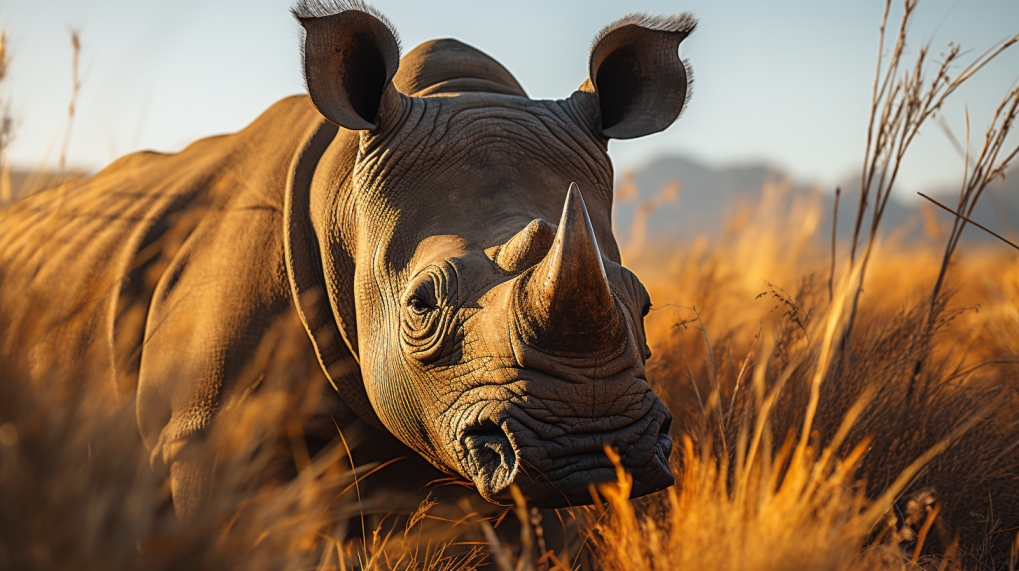
Why Do Endangered Species and Ecosystems Need Guaranteed Protection?
December 30, 2024 - Emily Newton
Revolutionized is reader-supported. When you buy through links on our site, we may earn an affiliate commission. Learn more here.
A number of new animals have found themselves on the endangered species list because of changes to their ecosystem. Climate change has already made its impact known. Floods and wildfires in California, monstrous hurricanes in Florida and Texas, and insanely powerful typhoons in the Pacific Ocean are just a few examples of how the world is changing right before our eyes.
While we might be preparing for the next big storm or blazing fire, it’s important to remember that we aren’t the only species these disasters affect. Why are these ecosystems changing? What effect does it have on the animals that live there, and what can we do to stop these changes from continuing?
What Are the Major Threats to Endangered Species?
According to the International Union for Conservation of Nature (IUCN), 46,337 species are threatened at the moment, with varying degrees of danger. The IUCN categorizes species into statuses, including but not limited to fully recovered, indeterminate, largely depleted and extinct in the wild. The United States Fish and Wildlife Service only recognizes somewhere between 400 and 1,500 species.
These aren’t all mammals — the list also includes plants, birds, corals, and amphibians — but even this monumental list may not be accurate. Scientists believe that it only represents a small fraction of the species that face a threat or danger of extinction.
Anthropogenic Climate Change
The culprit behind this threat is human interference. According to the World Wildlife Fund (WWF), human behavior has increased this trend toward extinction between 1,000 and 10,000 times what it would be naturally. The species facing extinction now compared to centuries ago is much higher because of how humans have dominated the planet. Interference isn’t just damaging to the animals themselves — it threatens the biodiversity of the ecosystems where these species live.
Invasive Species
Losses in biodiversity leave doors open for invasive varieties to flourish. The minimization of a region’s strongest, naturally adapted species means there aren’t any animals and plants to protect the area or push invasive species out. Around 42% of threatened species are at risk because of non-native plants and animals ruining habitats and devastating wildlife.
Industrialization and Urbanization
Building more homes and expanding industrial operations means getting rid of habitats. This displaces animals, forcing them to find a new home, or they perish in the process. Even if they successfully find a new home, they might not be well-adapted to that space or its food sources, leaving them to struggle regardless. Additionally, the pollutants from urban sprawl put pressure on native species that aren’t accustomed to enduring poor air quality or novel contaminants. These factors also drive animals into deeper states of endangerment.
Global Warming
Changing temperatures has numerous impacts on the environment that supports many endangered species. Ice caps are melting. Wildfires are ravaging. What used to be habitable is becoming chaotic, volatile, and delicate. Nature is not in the same place it used to be as far as giving the same amount of support it could to its residents. It is more vulnerable than ever to natural disasters and shifts in its expected ecosystem.
What Is the Importance of Biodiversity?
Biodiversity is the variability among living organisms — all the animals, plants, insects, and microorganisms that make up an ecosystem. Reducing biodiversity is one of the most prominent environmental threats of our generation. Why is this variation so significant? Simply put, it creates the foundation for life in the habitat. If one species dies out, biodiversity ensures that another species can take its place to maintain the stability of the ecosystem.
One of the best recent examples of this is the reintroduction of wolves in Yellowstone National Park. Hunting wiped out wolves from the park more than 100 years ago, and biologists reintroduced them in 1995. The effect on the local ecosystem was staggering.
Once the wolves were reintroduced and able to establish themselves, they thrived and were not alone — herbivores started to return, and with them came new plant life. Many of the species that had left the park because of the unbalanced ecosystem returned.
This prosperity is primarily because of the wolves. Wolves, in this instance, are a keystone species — they have an inordinately significant impact on the ecosystem with both their presence and their absence. Without them, large herbivores were able to breed unchecked. Eventually, these animals wiped out their own food source and had to move on. As odd as it sounds, without the wolves, even the rivers and wetlands in the area dried up.
Now, introducing wolves isn’t the perfect solution to restore crumbling ecosystems. While they may be a keystone species in Yellowstone, they would unbalance other ecosystems where they are not native. Just look at what’s happened to the Everglades. Non-native pythons are thriving in the swampy wetlands, but these apex predators are destabilizing the ecosystem because they have no natural predators. They’re free to eat, breed and grow. This will lead to more species facing extinction.
How Do Endangered Species Effect Humans?
Animals aren’t the only ones affected by the destabilization of these ecosystems worldwide — it’s impacting humans, too. Animals that are going extinct have a slow yet palpable butterfly effect on the world.
Fewer native flowers means lower insect populations. Birds can’t eat as much as they used to, which means they reduce in numbers and can’t spread seeds to feed more animals and bugs. This impact humans and our ability to maintain agricultural yields. The relationship is symbiotic.
To understand how animals are impacted by climate change, context is necessary. This isn’t the first mass extinction to hit this planet. In fact, it’s the sixth, with the last one being the extinction of the dinosaurs some 65 million years ago. However, it is the first mass extinction that we are both a part of and a major cause of. How does it affect us?
Loss of Food
Just look at the bees. Bee species across the globe are under significant threat, both because of human behavior — specifically, pesticides that are destroying bee hives — and because of changing climates. While human intervention has started to help restore the shrinking bee populations, it is the perfect example of what might happen if we allow this ecosystem destabilization to continue. To put it quite frankly, if bees die out, humanity goes with them.
Without bees, we’d lose most of the fruits and vegetables that we eat on a daily basis. Strawberries, watermelon, walnuts, cucumbers, and peppers will all go extinct without bees to pollinate them, just to name a few. It also means that coffee will become an exorbitantly expensive luxury commodity if it survives. Chocolate will die off. Even getting a hamburger will be next to impossible — bees also pollinate the alfalfa that feeds the cows that become your burger.
Worsening Disease
As plants and animals go extinct, we also lose things like potential medicines and cures that could exist in herbs we haven’t even discovered yet. We may also experience more diseases like Lyme disease and West Nile Virus as pests like ticks and mosquitoes spread and thrive. Fewer predators means the harmful transporters of illness will be more effective.
Widespread disease is a worst-case-scenario projection. However, if we continue to act like the planet is our trashcan, it could become our reality. Humans could potentially find themselves facing extinction right alongside the bees, white rhinos, and other endangered species.
Unclean Air and Water
The flora of the world is responsible for cleaning the air and filtering water. As these ecosystems dwindle, resource scarcity will only become more prominent. Consider a rich, thick forest near freshwater. The region floods, but the thicket prevents it from encroaching on nearby towns. Instead, the flowers and trees stabilize the water, letting it filter and drip into underground reservoirs. This water serves as the country’s main source of clean drinking water. Without these barriers, polluted air and water flow freely without stopping.
Why Is It Important to Protect Endangered Species?
By harming the planet we harm ourselves. Protecting endangered species and their habitats is crucial. With each loss of a plant or animal, more species become threatened and our ecosystem slowly falls apart. We must do our part to protect the environment to ensure we have clean water, air, and land for future generations.
Education is the most pivotal influence in changing the tide. It’s challenging for modern, urbanized worlds to understand the gravity of losing species many people have never interacted with or heard of. Providing context and describing how faraway species directly influence the everyday life of most people will make protective action clear.
Balancing Humanity, Biodiversity, and Ecosystems
We need to stop thinking of ourselves as some elevated, civilized beings. We are animals, just like the rest of the creatures that inhabit this planet. Just because we have opposable thumbs and smartphones doesn’t mean we’re any more important than the rest of the plants, animals, and microorganisms that call this planet home. Once we figure out how to live with the Earth instead of on it, we will finally be able to make some positive changes to protect our future.
Editor’s note: This article was originally published on November 28, 2017, and was updated December 30, 2024, to provide readers with more updated information.
Revolutionized is reader-supported. When you buy through links on our site, we may earn an affiliate commission. Learn more here.
Author
Emily Newton
Emily Newton is a technology and industrial journalist and the Editor in Chief of Revolutionized. She manages the sites publishing schedule, SEO optimization and content strategy. Emily enjoys writing and researching articles about how technology is changing every industry. When she isn't working, Emily enjoys playing video games or curling up with a good book.

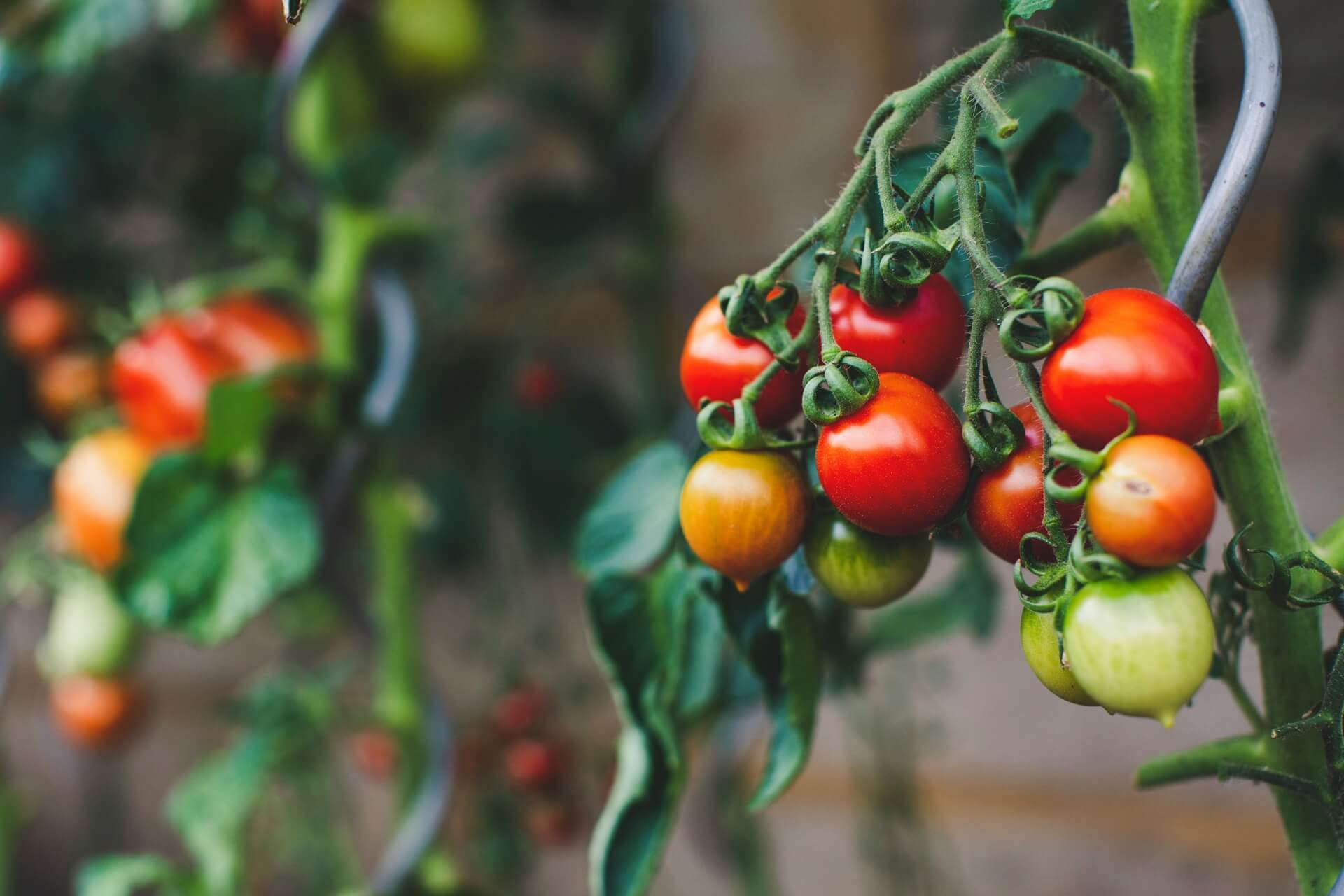
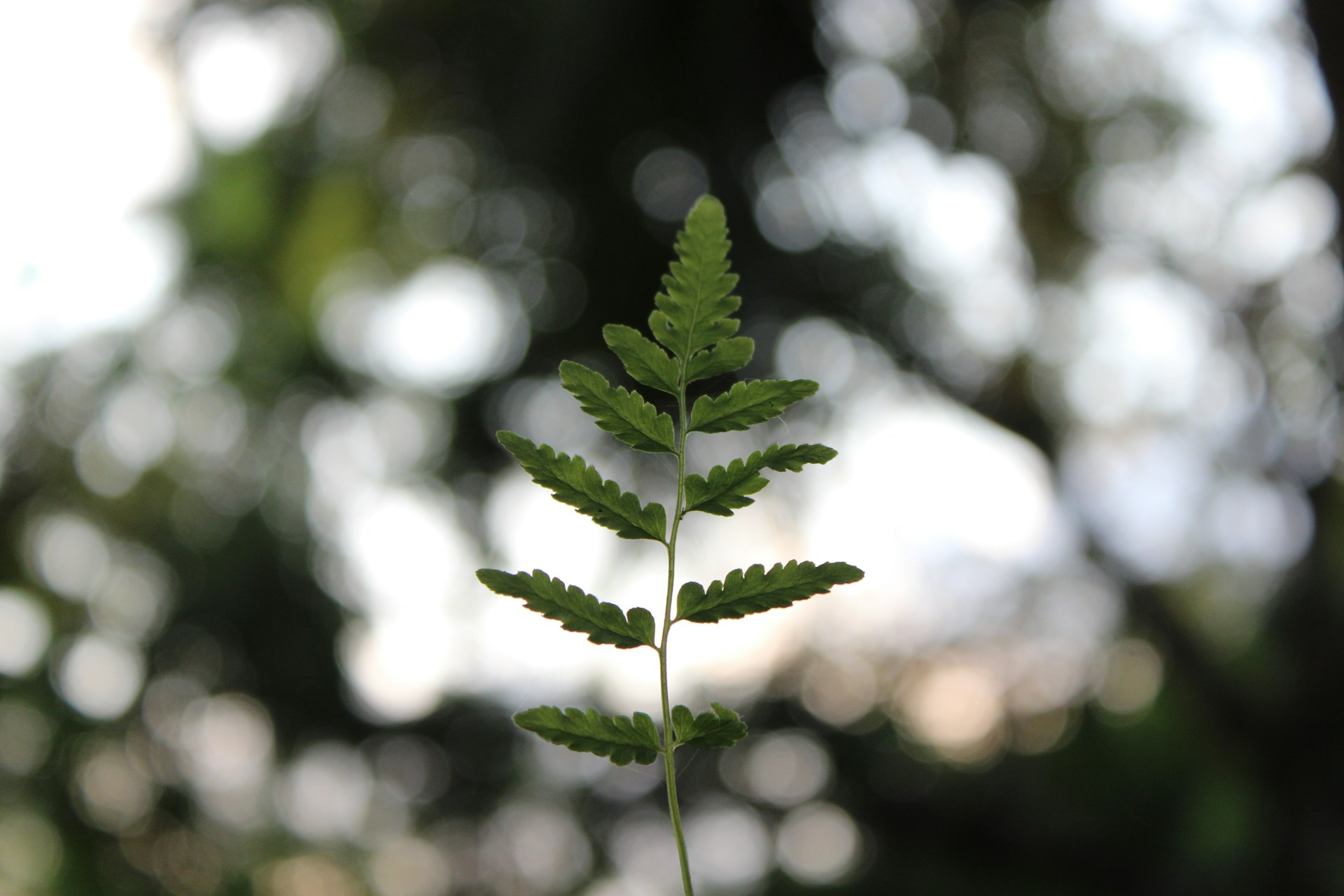
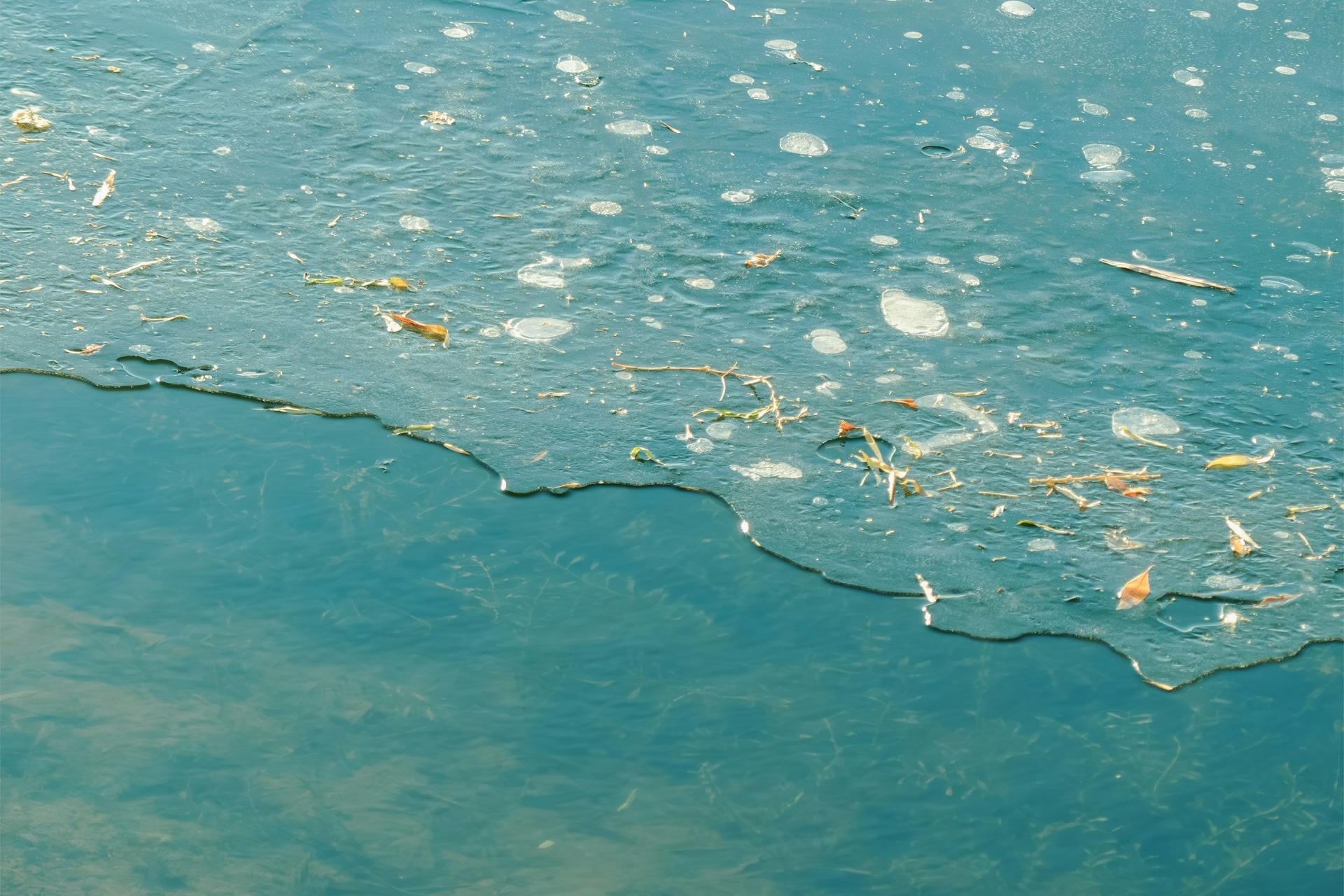

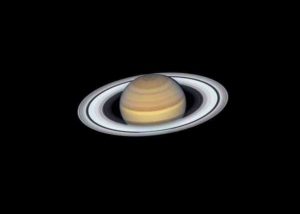
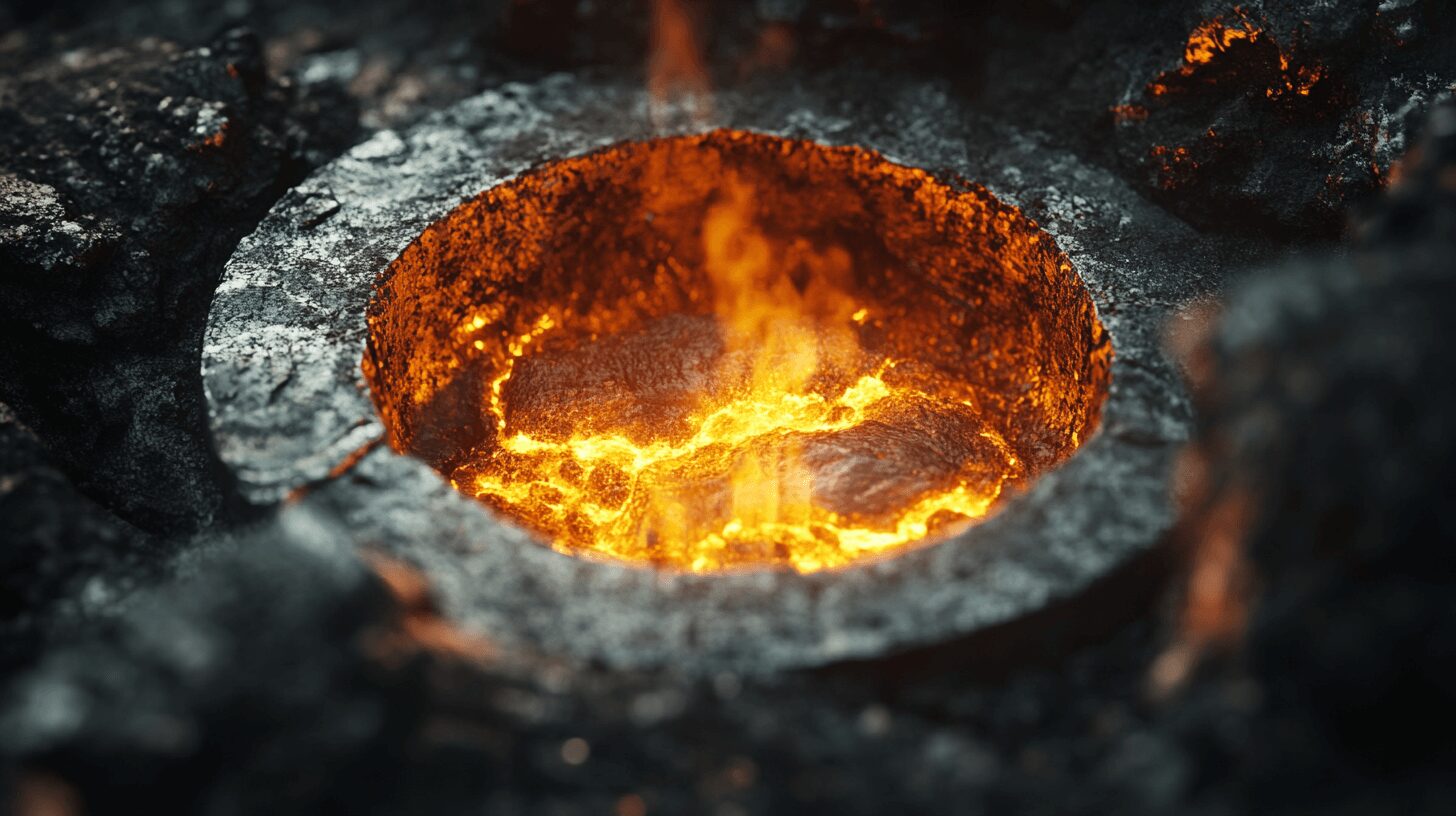

This is a great article, I’m using it in part with a research paper.